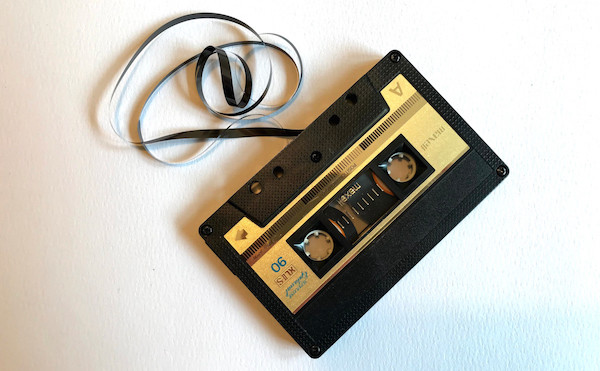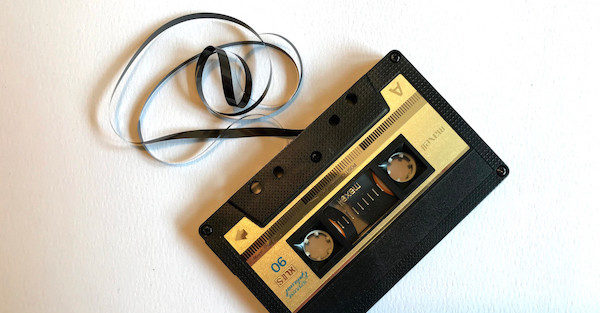Music has always played an important part in my writing process. It keeps me company during the long hours of staring at a blank screen. And it helps me block out the external world when the words finally begin to flow.
I often use it to imagine my way into a particular scene. And it’s a perfect window into the mind of a character. That doesn’t mean that a song or work will find its way explicitly into a story. Mostly, it remains in the background. It does its job by appealing to a mood or emotion when I’m working on the scene.

When I was writing Crossing Live, I often thought about the music that would matter to Roland Kendall. The story is set in 1990, so I started by trying to remember music that meant something to me then.
Classical music was easy. For instance, the scenes with news helicopters in the skies above Brisbane brought Rodrigo’s Concierto de Aranjuez to mind. The first movement seems to match perfectly with Queensland’s mid-summer sky, with the sun setting over the western suburbs, and the news helicopters beating across the city to their Mt Coot-tha bases. It still works for me now when I close my eyes and think of that first movement.
Scene-setting popular music was harder to pin down. I couldn’t find anything from 1990 that helped me into the story. I put this down to a worrying gap in my musical memory for that year. And I fell back on earlier music, albums from the mid to late 1970s, the era of my own strongest musical memories.
The most obvious borrowing from my 1970s musical memory bank is the news jingle used by the Channel 5 news team at the start of the book. Four members of the team are sitting in the front seat of a helicopter. They’re lip-syncing to ABBA’s Knowing Me, Knowing You. It’s a nod to the cover of the Arrival album. And it’s exactly the kind of video the marketing team at a struggling TV station would make their on-air talent appear in.
My lack of 1990 musical memories continued to worry me. But thanks to a couple of recent studies I’m beginning to understand what was going on. According to one recent survey the peak age for discovering new music is 24. By 30, it’s pretty much over – your taste for music is locked in. Another study sets our mid-teens as the peak time when favourite music is discovered.
By 1990 I was already past the peak age for discovering new music. But the thing is, so was Roland Kendall. He would have been about 30 by then. His formative music years were the 1970s, the era of Fleetwood Mac, The Eagles, ELO and their contemporaries.
What about you? Were your musical tastes pretty much set by the time you were 30? Did you first hear your favourite song when you were in your mid-teens?
